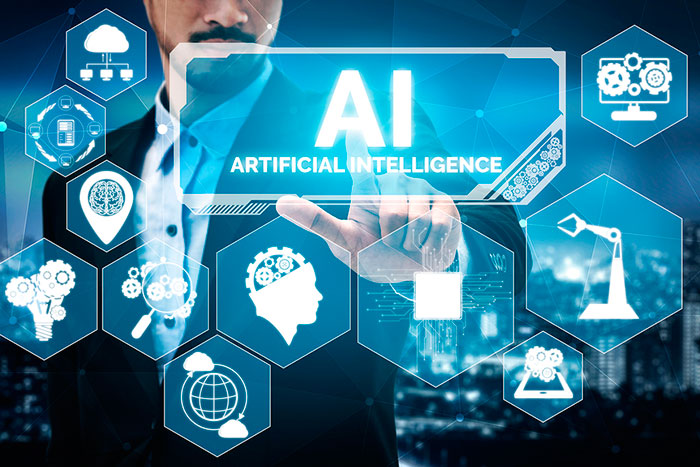The procurement contract management process entails a multitude of moving parts. It’s the strategic approach to managing and optimizing how you spend money and resources in your organization. Procurement itself is the process of acquiring goods and services from preferred vendors within your budget, on or before a stipulated deadline. The process of managing procurement contracts involves sourcing vendors, requesting quotes, ordering, and relationship management.

There are a lot of considerations to make when you’re managing the procurement process. You need to figure out what exact good or service you want, and then find vendors that best suit your needs. You need to balance quality and price, making sure you’re getting the highest quality for the budget you established. Then, you need to make sure your seller is following through with their deliverables, meeting their deadlines and milestones. A lot of oversight and planning is required for a successful procurement contract management process.
This is where artificial intelligence (AI) comes in. AI has been an increasingly pervasive staple of many business software and tools that help them automate workflows. AI is changing the procurement process by streamlining processes. By using intuitive algorithms, it can play a major role in saving time on tedious tasks like data entry. However, the deeper value of AI is its ability to learn and make decisions, like a human. This could prove to be very beneficial in the procurement contract management process.
Machine learning for analytics
Machine learning is an application of artificial intelligence where a system is able to learn automatically and improve based on its past tasks and experiences. Machine learning can play a huge role in built-in analytics features that will save procurement managers a lot of time analyzing contract data.
Every business person in any field knows the importance of analytics when making decisions. Procurement contract management involves extensive analytics, both during the process and post-contract. Things like total spend and contract analytics are areas that procurement managers would usually spend a considerable amount of time assessing. However, as new machine learning technologies that can analyze data emerge, it may help procurement professionals make smarter decisions without having to read through every bit of text in a contract.
Take care of tedious administrative tasks
One of the most common reasons why companies across all sectors are looking to invest in AI technology is because it can save workers a significant amount of time on menial tasks. In the context of procurement contract management, things like invoicing, recordkeeping, transcriptions and data entry can quickly bog down a procurement team. These relatively easy logistic tasks inundate procurement managers significantly but are indispensable in the procurement process. Accurate recordkeeping and frequent checkups are the keys to a successful procurement contract.
Artificial intelligence software can be used to automate these processes and free up time for workers to focus on more complicated issues. A human can do tasks like entering data into a spreadsheet and building relationships with vendors and stakeholders. Still, a machine can only do the former (as of right now!) The value of AI technology is becoming more and more apparent in regards to improving a company’s labor efficiency.
Synthesizing and categorizing data
Any procurement manager knows that finding vendors and assessing things like market value requires a lot of data. Procurement and contracting data is incredibly valuable, as described in Open Contracting Partnership’s “Using it, not losing it over procurement data” report. Artificial intelligence software can help companies analyze and stay on top of the global market by providing accurate and up-to-date insights on the various suppliers. For example, AI algorithms would scrape social media channels and websites of different vendors to assess any risks or anomalies.
AI can also be extremely helpful in categorizing procurement data. From organizing contracts by date to product to quantity, AI can automatically group related data sets significantly faster than a human worker would be able to. As any procurement contract management professional knows, this process requires the synthesis and accurate upkeep of a significant amount of data.
